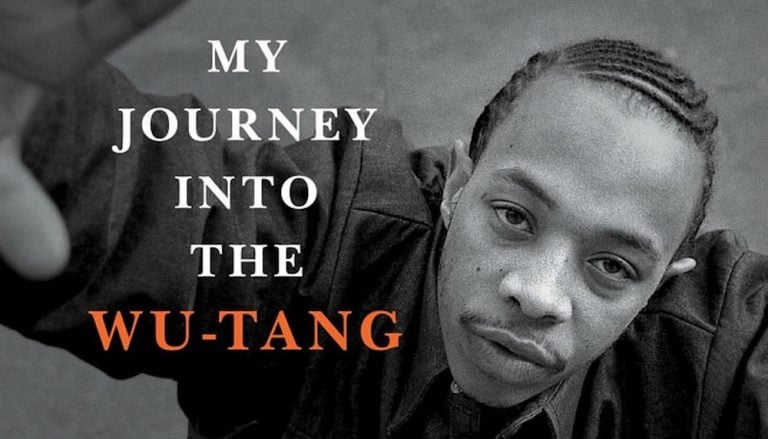Among the nine founding members of Wu-Tang Clan, Lamont “U-God” Hawkins hasn’t always been the most visible. And most recently he’s made headlines for suing the Staten Island rap collective – which still counts him as a member – for millions in royalties. Yet he’s the first person from Wu-Tang to pen a proper memoir, and it turns out to be an insightful, charismatic account.
From its blunt opening line – “Time is a motherfucker” – Raw: My Journey Into The Wu-Tang is brashly funny. It also covers a lot of ground, dispensing rough-hewn motivational wisdom when he’s reflecting on his own mistakes and doubling as an awestruck glimpse of hip-hop’s golden era. Born in 1970, Hawkins provides a street-level look at the fight to stay alive in the projects of both Staten Island and Brooklyn’s notorious Brownsville neighbourhood during some of New York’s most lawless years. He’s unflinching yet conversational, lamenting friends who’ve been killed on the street while describing the character-building effects of fist-fighting: “Not enough people living in New York today have been punched in the face.”
From its blunt opening line – ‘Time is a motherfucker’ – Raw: My Journey Into The Wu-Tang is brashly funny.
Aside from a brief prologue, he doesn’t get around to music until 40 pages in. But the sections about his early days are the book’s most vital, as he details rec-room parties during the mid-’80s, getting his first gun at age 14, and making thousands of dollars a day during the crack epidemic. But despite calling himself and Method Man the “Batman and Robin of the block” when it came to dealing, he doesn’t neglect the grim reality of that lifestyle.
Hawkins spent several years in prison, including time at Rikers Island. He gives a methodical breakdown of his daily survival (“There’s no school like jail”), and regrets only being around to appear on three tracks on the first Wu-Tang album – though he did earn the opening verse on ‘Da Mystery Of Chessboxin’. He was a key part of Wu-Tang’s touring, though, and after spending a fortnight in a mental asylum and then detoxing for two years, he finally started to find his own voice.
Hawkins provides a street-level look at the fight to stay alive in the projects of both Staten Island and Brooklyn’s notorious Brownsville neighbourhood during some of New York’s most lawless years.
Love Music?
Get your daily dose of metal, rock, indie, pop, and everything else in between.
The blowout success of Enter the Wu-Tang (36 Chambers) saw the Clan decamp to Hollywood for six months to make the follow-up, 1997’s Wu-Tang Forever. That stretch of the story lags some with celebrity run-ins and periodic in-fighting, but it does provide happy lashings of humour and nostalgia before Hawkins devotes the final chunk of the book to airing his grievances about Wu-Tang – right down to rushed albums like 2014’s A Better Tomorrow.
The most sustained criticism is directed at RZA’s handling of money (“He lacks business skills”) and limiting of creative freedom. Still, that’s balanced with considerable humbleness and positivity about his place in the Wu hierarchy.
For all its venting, Raw feels honest and level-headed on the whole. Between the memoir and Hawkins’ new album Venom – which features guest spots from Method Man, Inspectah Deck and Raekwon – the book should challenge anyone who sees U-God as only a minor character in the ongoing Wu-Tang saga.
Raw: My Journey Into the Wu-Tang is out now through Faber & Faber.


































